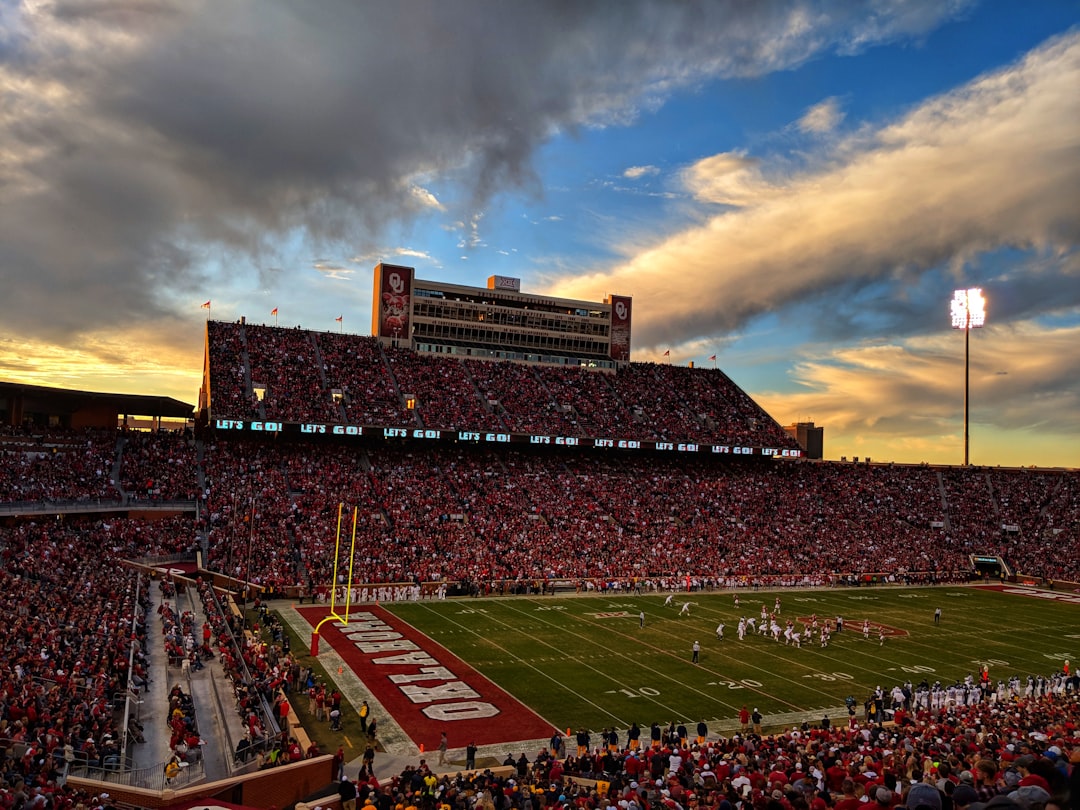Supreme Court Gets Into the Florida Battle
Plus: Panda sues Genius, Sportradar—and DraftKings CEO wants "clarity" on DFS.
Welcome to your weekly roundup! This week: the U.S. Supreme Court takes up the Florida legal saga, Panda sues Genius and Sportradar, and DraftKings wants “clarity'“ on DFS. If you liked reading this, please subscribe or share it with a friend. Have a great week!
Market Movers
Supreme Court pauses Seminole deal: The U.S. Supreme Court granted a stay on a previously approved $2.5 billion Florida gambling deal with the Seminole Tribe while the court considers a potential long-term pause requested by Florida casinos. That means the tribe’s launch of Hard Rock Bet likely won’t happen any time soon. It’s the latest twist in the ongoing legal battle in the state. A federal appeals court in June had ruled that the deal was wrongly blocked by a lower court. The deal was originally approved by the state legislature and signed into law in May 2021.
Panda sues Genius, Sportradar: Panda Interactive filed separate lawsuits in the Eastern District of Texas against Genius Sports and Sportradar, claiming patent infringement on its streaming technology. The patent deals with betting and streaming at the same time. Genius recently launched its NFL BetVision product which integrates betting with streaming NFL games—and Sportradar also offers a similar product.
DraftKings CEO wants "clarity” on DFS: DraftKings CEO Jason Robins, speaking at G2E Vegas, says his company and FanDuel are lobbying for scrutiny on pick’em games. But he disputed claims that it’s an anti-competitive move:
“We want to understand what the constraints of what we offer are. There’s always going to be people and companies that are pushing the limits and having clarity helps. It all goes back to competition. We want to be able to compete, we want to be able to offer the same things that anyone else out there offers,” he said.
Michigan bans pick’em daily fantasy: Michigan’s new regulations were filed with the Michigan Department of State after being proposed by the Michigan Gaming Control Board. (This comes a week after New York made a similar move.) The rules were contested by the Coalition of Fantasy Sports, who noted that the Joint Committee on Administrative Rules held no meetings on the implementation of the rules.
What we’re reading
How SEQNZR, which has a product used by the Cincinnati Reds and other college baseball teams for optimizing lineups and in-game decisions, decided to launch BetSEQNZR with a trading bot for pricing pregame lines, in-game lines and in-game parlays.
How Disney made an about-face on sports betting after previous worries about its brand, according to WSJ.
Attorney Samir Patel wrote for Bloomberg Law about the issues of legality for blockchain-based sports betting. One issue is the Wire Act, which requires operators to ensure that they aren’t taking wagers from individuals in states where they aren’t licensed. Also, the Unlawful Internet Gaming Enforcement Act says a business cannot knowingly accept payments related to unlawful internet gambling. (Summary)
Online betting has gone off the deep end, says the Atlantic.
Will this California tribe put another sports betting vote on the ballot in 2024?
Betting Startups talks to Joe Brennan and Adam Bjorn of Prime Sports.

BetCrunch is sponsored by InPlay Innovation:
InPlay Innovation is the leader in AI-powered sports betting. Fully automated micro-markets, odds origination, and risk management.
Thanks for reading!
